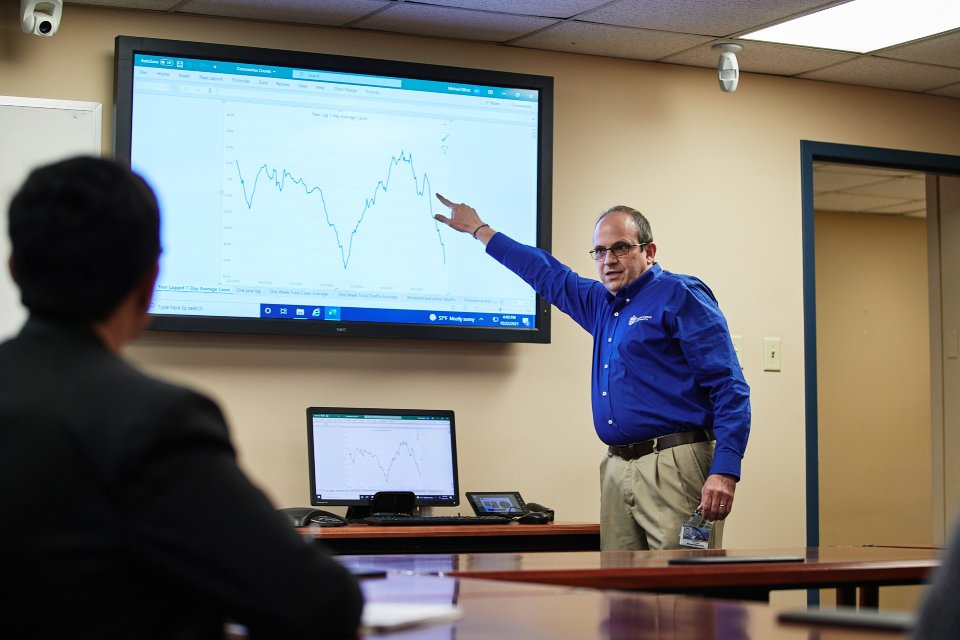Chatting About Chat GPT: Where the AI Software Fits in the Public Health Landscape
Chat GPT has the academic community in conversation about the role artificial intelligence (AI) might play in an academic and professional setting. This new software serves as a chat box, allowing users to send messages and receive a response life-like enough to believe another human is messaging back.
This past November, the air surrounding AI software use in academic institutions held plenty of uncertainty. The conversation was spear-headed by concerns that this tool would be used to answer discussion questions or write papers for students, violating codes of academic integrity. However, some Saint Louis University professors have discussed ways to integrate this tool into their courses in a way that will benefit students.
“I think instead of viewing it as a threat, we can view it as an opportunity.”
He suggests students use Chat GPT to recommend specific areas within a broader topic when writing research papers. He also predicts AI as a useful aid for future public health professionals to quickly create things like press releases, intervention materials, blurbs, or captions, saving valuable time by avoiding the need for an internet search.
More specifically, he imagines the use of Chat GPT in creating code for biostatistics.
“When you have a problem in R or SPSS and can’t figure out how to generate code to run a specific function, we use a website called Stack Overflow where many people contribute (coding) information,” he said. “This wouldn’t be that different. Instead, you can go to Chat GPT, and it’s going to create code that you can run and see if it works for you, instead of having to search through a lot of responses.”
Although this new technology is a very powerful tool, there are still limitations. Chat GPT stopped accumulating information through internet searching back in 2021, so responses may not be the most up-to-date. It is also currently free for public use, but Dr. Elliott predicts the software to deploy a user fee in the future.
Dr. Elliott also doubts Chat GPT’s ability to replace public health workers.
“What it can’t do is explain well and it can’t tailor responses to a specific situation such as discussing with a client or presenting information so that it makes sense to a specific person,” he said. “With the example of running code, sure it can tell you what code to run, but as far as explaining what the results of a specific project mean for a specific person, it can’t do that.”
College for Public Health and Social Justice
The Saint Louis University College for Public Health and Social Justice is the only academic unit of its kind, studying social, environmental and physical influences that together determine the health and well-being of people and communities. It also is the only accredited school or college of public health among nearly 250 Catholic institutions of higher education in the United States. Guided by a mission of social justice and focus on finding innovative and collaborative solutions for complex health problems, the college offers nationally recognized programs in public health and health administration.
